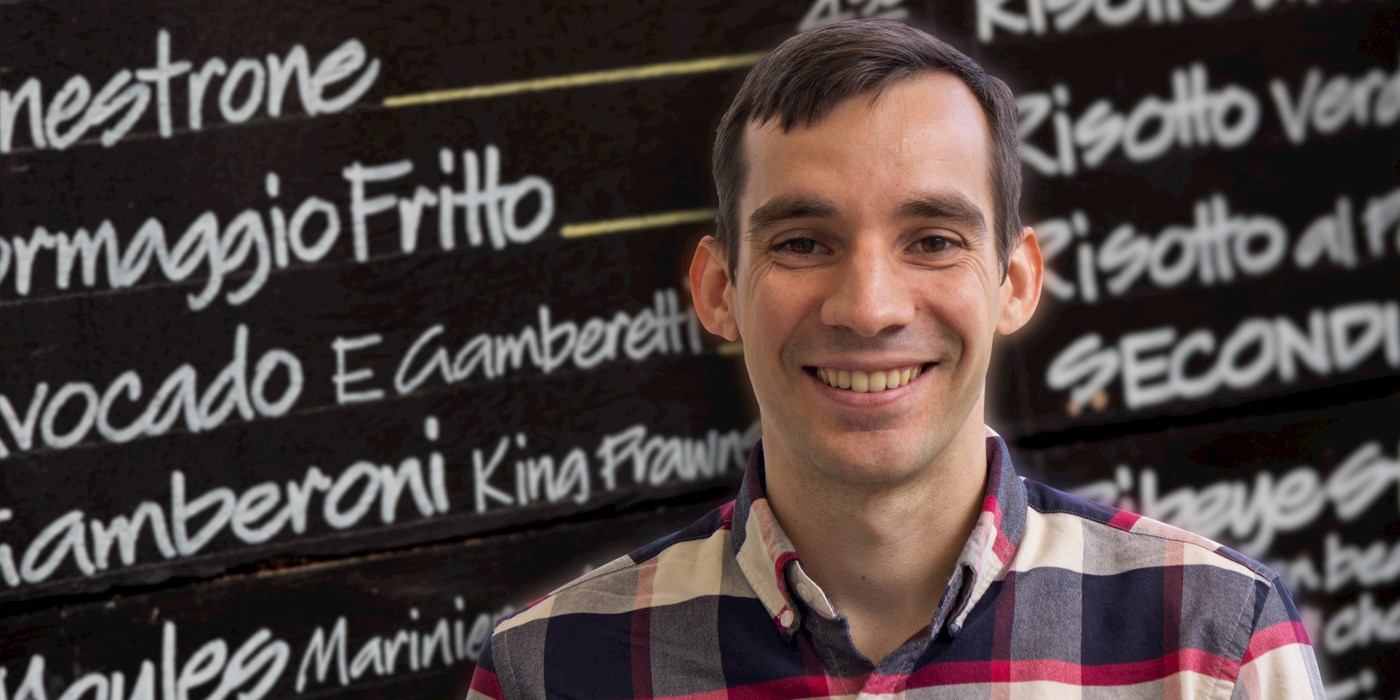On a typical morning, an office worker uses an app to place a lunch order in advance. Hours later, another co-worker leaves the office in search of a quick meal. Eric VanEpps can tell you whose lunch was probably healthier: the employee who ordered in advance. This hypothesis was affirmed by experiments he performed while earning his Ph.D. in behavioral decision research at Carnegie Mellon University.
The findings may seem intuitive — along the lines of the conscious decision to never go grocery shopping while hungry — but VanEpps said the results demonstrate the need to create situations in which our subconscious decisions are healthier, too.
One way to do that is encouraging time-delayed eating, meaning extending the time between when an order is placed and when food is consumed.
VanEpps is the lead author of a paper published in the Journal of Marketing Research that summarizes three experiments he conducted, which explored the effect of advanced planning on meal choices.
Additional collaborators included senior author George Loewenstein, CMU’s Herbert A. Simon University Professor of Economics and Psychology, and Julie Downs, associate professor of Social and Decision Sciences.
“CMU has one of the premier programs for judgment and decision-making work,” VanEpps said. “At some schools, you would only have one or two people who did that kind of work. At CMU, it’s an entire department of people.”
In all three of his food-ordering experiments, he found the larger the delay between when an order is placed and when the food is consumed, the more likely participants were to select lower-calorie options.
“Even a small delay — a half-hour delay — really seemed to help people not make the worst, high calorie decisions,” VanEpps said.
In a broader context, Loewenstein said, “These findings provide one more piece of evidence that decisions made in the heat of the moment are not as far-sighted as those made in advance.”
While this work demonstrates the “what” of the effect, the real interest is the “why,” Downs said.
“It could be that ordering earlier spares us the pain of denying ourselves something that we would want but know is not good for us,” she said. “The goal is to help people avoid that dilemma, and end up eating better.”
VanEpps, a post-doctoral researcher at the University of Pennsylvania, said he hopes to work with a corporation in the food services industry that wishes to promote health-conscious choices.
“A field partner [such as a national fast-food chain] would enable us to see the long-term effects of an ordering-in-advance intervention,” he said.
Downs agreed. “We need to test whether this effect holds up in a more naturalistic environment. Although our research was in a field setting where people were making real decisions about what they would eat, we don’t know whether these effects would hold up in a broader array of real-life settings.”
If they would hold up, and ordering-in-advance options becomes more commonplace at all food establishments, the impact could be significant for the patrons. “They could achieve health benefits unconsciously,” VanEpps said.




